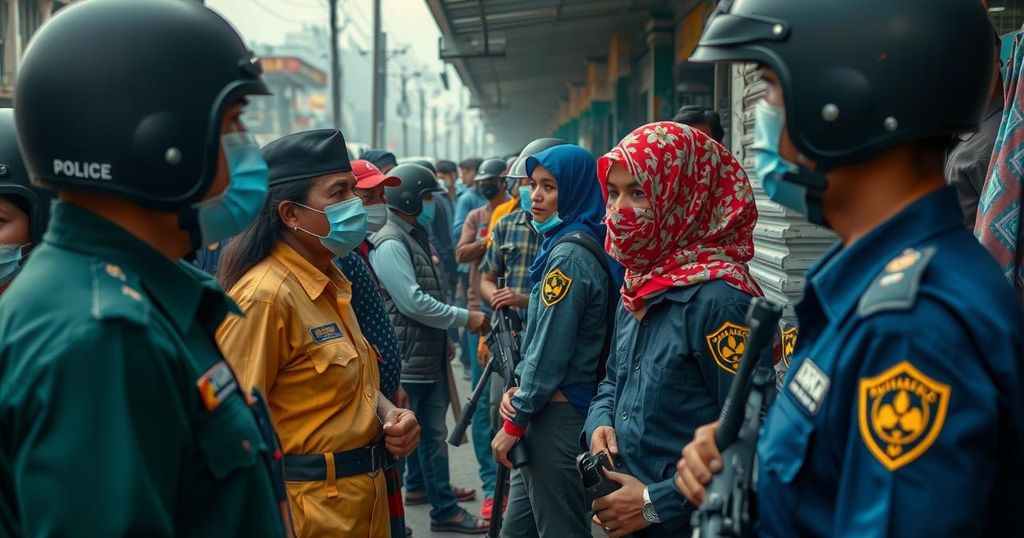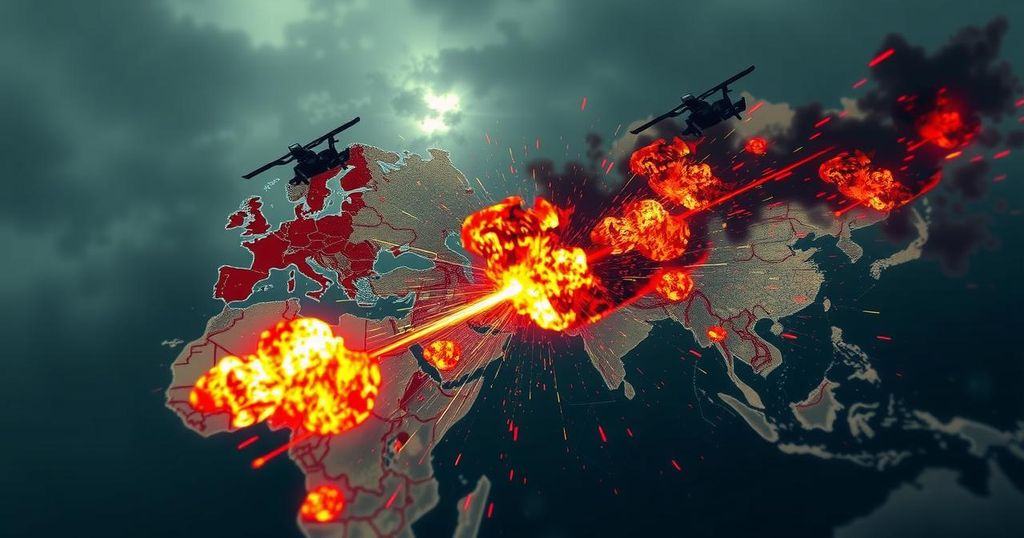RJMEC Endorses Extension of South Sudan’s Transitional Period to 2027
An extraordinary RJMEC meeting in Juba has resulted in support for extending South Sudan’s transitional period to February 2027, amid disappointment from UN officials due to the nation’s unpreparedness for elections. Key representatives underscored the need for decisive action and engagement from leadership to restore public trust and ultimately pave the way toward a credible electoral process and sustainable peace.
In a somber atmosphere, the extraordinary meeting of the Reconstituted Joint Monitoring and Evaluation Commission (RJMEC) took place in Juba, South Sudan, where government representatives, diplomats, and civil society members gathered to discuss the future of the country’s governance. The primary focus of this meeting was to deliberate on the proposed extension of South Sudan’s transitional period until February 2027, a situation that has prompted mixed reactions from stakeholders across the region. Nicholas Haysom, the Special Representative of the United Nations Secretary-General and head of the UN Mission in South Sudan (UNMISS), addressed the participants, expressing his deep regret in endorsing the extension of the transitional period. He emphasized that just two years prior, the UN had agreed to support the transition with the clear understanding that no further extensions would be considered. “While the UN will endorse the extension of the transitional period, we do so with real regret and disappointment,” Mr. Haysom stated, noting the lack of readiness for credible elections and the pressing challenges facing the nation. Throughout the meeting, various representatives, including Rabi Mohamed from the Intergovernmental Authority on Development (IGAD), articulated their support for the extension amidst the tumultuous socio-economic conditions, insufficient preparations by the electoral commission, and ongoing issues in the security sector. “We unanimously support the decision to extend the transitional period due to the prevailing circumstances of the country,” he explained, highlighting the prevailing difficulties South Sudan encounters. Furthermore, Prosper Addo, a Senior Political Affairs Officer from the African Union Mission in South Sudan (AUMISS), emphasized the critical need for decisive action and a clear timeline from the country’s leadership to restore public confidence in the ongoing peace process. He expressed hope that this extension would provide the necessary opportunity for institutions focused on constitution-making, elections, and security preparations to function effectively. The situation underscores the significant challenge facing South Sudan’s leaders as they strive to involve various stakeholders, particularly non-signatories of the Tumaini Initiative, in redefining the political landscape. Mr. Haysom poignantly concluded that it was time for South Sudan’s leadership to prioritize national interests and foster an inclusive dialogue to facilitate a sustainable peace process. This marks the second extension of the transitional period, further complicating the aspirations of South Sudanese citizens to exercise their democratic rights in electing their leaders.
The Reconstituted Joint Monitoring and Evaluation Commission (RJMEC) oversees the implementation of the Revitalized Peace Agreement, which aims to guide South Sudan towards stability following years of civil conflict. The country has faced numerous setbacks in its transition to democracy, including political divisions, humanitarian crises, and economic challenges that complicate the electoral process. Amidst these difficulties, the discussion surrounding the extension of the transitional period until February 2027 highlights the ongoing struggle to fulfill key commitments outlined in the peace agreement and the need for a credible electoral framework.
The RJMEC meeting in Juba reflected serious concerns regarding the extension of South Sudan’s transitional period, now set to last until February 2027. Stakeholders recognized the significant challenges that remain, including socio-economic instability and insufficient electoral preparation. The leaders’ commitment to engaging in an inclusive dialogue is crucial for restoring public confidence and ensuring that the country can eventually navigate the path to elections and lasting peace.
Original Source: www.africa.com








Post Comment